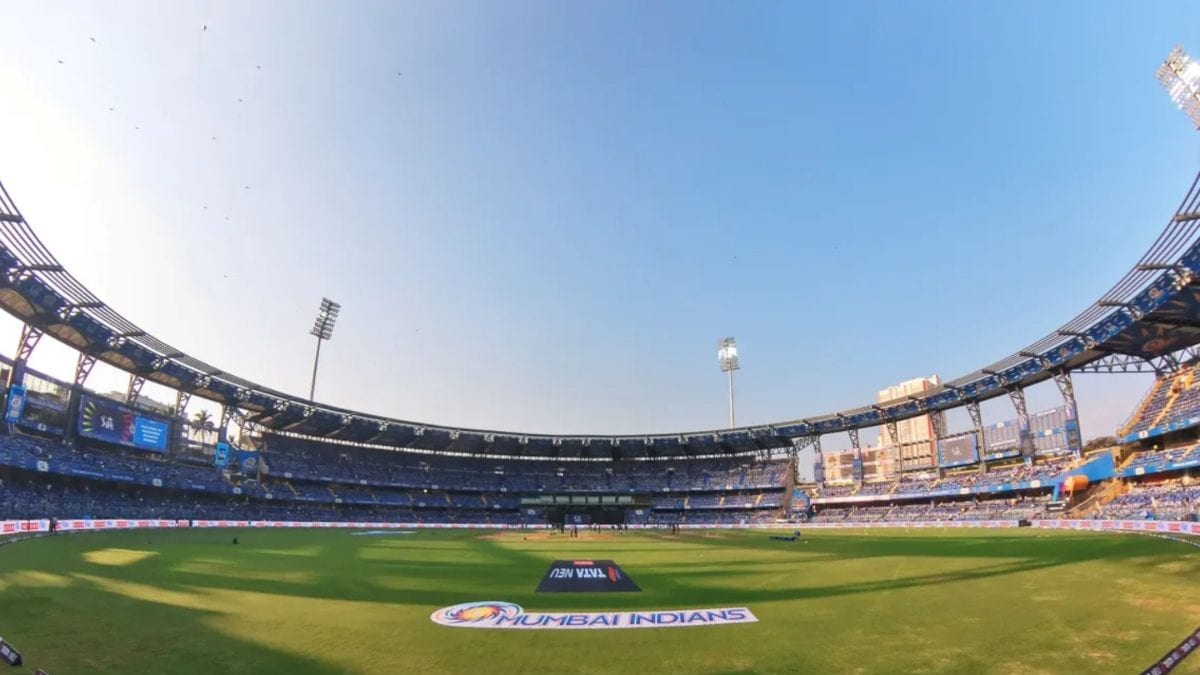The Bombay High Court has taken a critical stance towards the Maharashtra government’s decision to reduce and waive the arrears of police deployment fees from IPL match organizers. The court expressed its dissatisfaction with the lack of justification for this move, highlighting the disparity between the government’s stance on imposing taxes on slum dwellers and waiving fees from affluent IPL organizers. The case raises important questions about financial fairness and the government’s responsibility in collecting revenue for public services.
Disparities in Tax Policy
The court’s observation about the government’s differential treatment towards slum dwellers and IPL organizers underscores the apparent contradiction in its tax policies. While the government justifies increasing water taxes on slum dwellers, citing the need for revenue, it concurrently waives off the hefty police deployment fees incurred by the lucrative IPL. This stark contrast has prompted the court to question the government’s rationale for such an approach, casting doubt on its commitment to equitable financial practices.
Slum Dwellers Burdened
The court rightly pointed out the unfair burden placed on slum dwellers by increasing water taxes, especially considering their limited financial resources. Increasing water taxes can significantly impact their already tight budgets, affecting their basic necessities like clean water. The court’s observation reflects concerns about social justice and the government’s obligation to protect vulnerable sections of society.
IPL Organizers Privileged
In stark contrast, the court highlighted the considerable financial resources of the Board of Control for Cricket in India (BCCI), deemed the richest cricket association globally. The government’s decision to waive off the arrears owed by the BCCI, while simultaneously burdening the financially strained slum dwellers, reinforces the perception of preferential treatment towards affluent entities. This disparity has prompted the court to investigate the justification for such an approach, questioning the fairness and transparency of the government’s financial policies.
The Court’s Challenge to the Government
The court’s directive to the Maharashtra government to file an affidavit justifying its decision to reduce police deployment fees and waive arrears for IPL matches signifies a significant step towards holding the government accountable for its actions. The court’s skepticism toward the rationale behind this move highlights its commitment to scrutinizing government policies and ensuring their alignment with principles of fairness and accountability.
Demanding Justification
The court has tasked the Maharashtra government with the burden of proof, demanding a justifiable explanation for its decision. This obligation will force the government to present concrete evidence supporting its claim for reducing fees and waiving arrears. The court’s directive sets a precedent for holding the government responsible for transparent and accountable financial policies.
Investigating Arrears Recovery
Furthermore, the court has instructed the government to disclose the total arrears owed by IPL organizers since 2011 and outline the steps taken to recover these dues. This directive compels the government to address the issue of revenue collection and its efforts to recover unpaid fees. By emphasizing accountability and transparency, the court aims to ensure a fair and efficient system for managing public funds.
The Implications of the Court’s Decision
The Bombay High Court’s stance on the Maharashtra government’s decision regarding IPL police deployment fees has significant implications for the state’s financial policies and sets a precedent for scrutinizing government actions in the future.
Protecting Public Interest
The court’s involvement in the case signifies its commitment to protecting public interest and ensuring that the government acts in a just and equitable manner. The court’s critical analysis of the government’s financial practices highlights its role in ensuring transparency and accountability.
Ensuring Equitable Practices
By questioning the disparity in tax treatment between slum dwellers and wealthy IPL organizers, the court has signaled its intention to ensure that government policies promote fairness and equity. This move is expected to set a precedent for future challenges to government decisions that raise concerns about equitable resource allocation.
Takeaways
The Bombay High Court’s stance on the Maharashtra government’s decision regarding police deployment fees for IPL matches underscores the importance of accountability, transparency, and equity in government financial practices. The court’s challenge to the government’s rationale for reducing fees and waiving arrears reinforces its commitment to protecting public interest and ensuring fair treatment for all. The case also highlights the crucial role of courts in holding government authorities accountable for their decisions, particularly when they involve financial resources and their allocation. As the case progresses, the court’s ruling is likely to have far-reaching implications for future government policies, setting a precedent for greater transparency and accountability.




